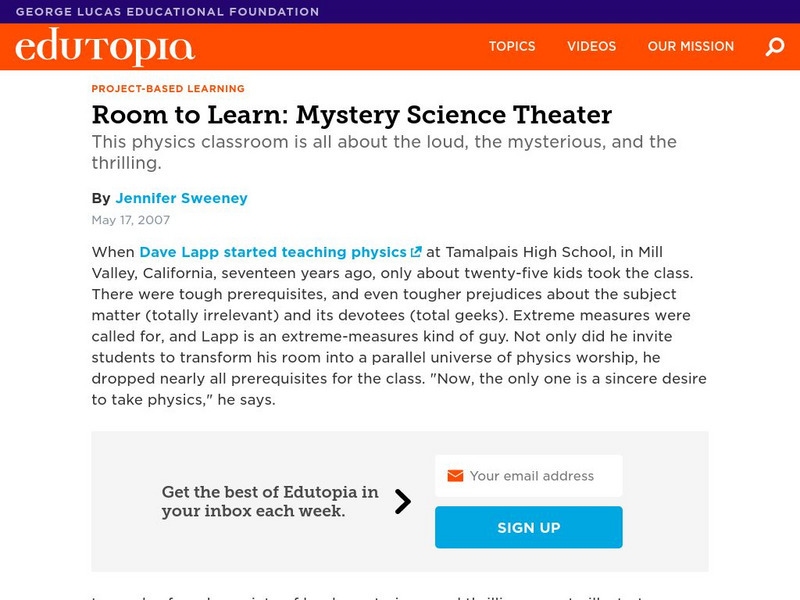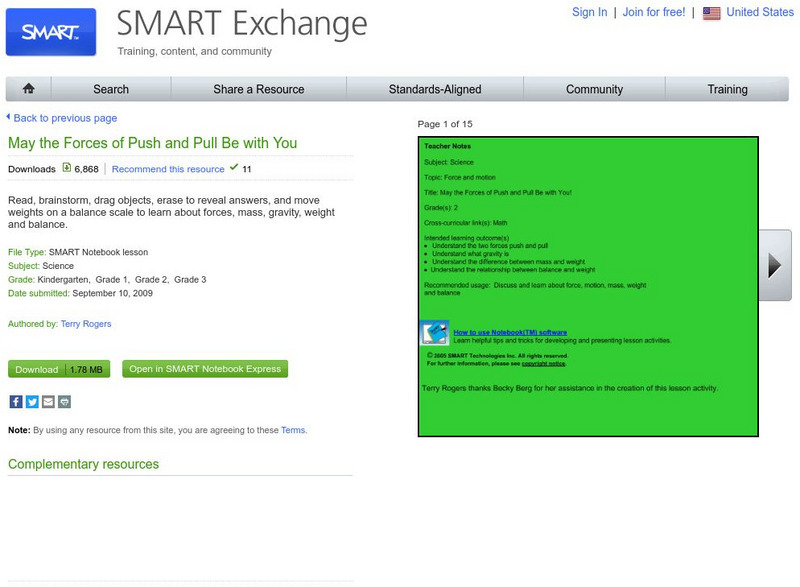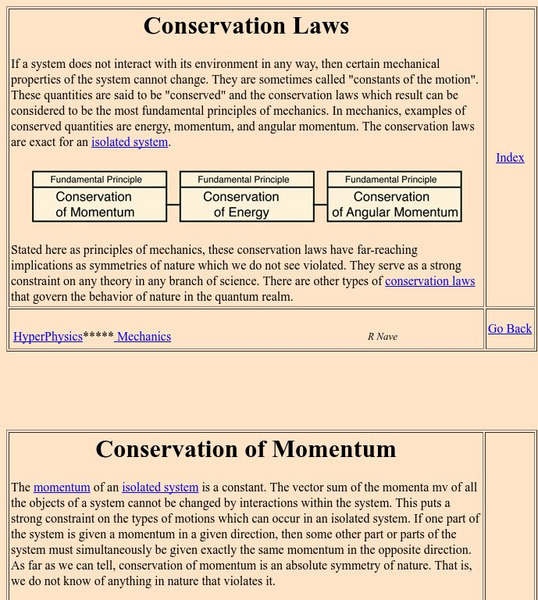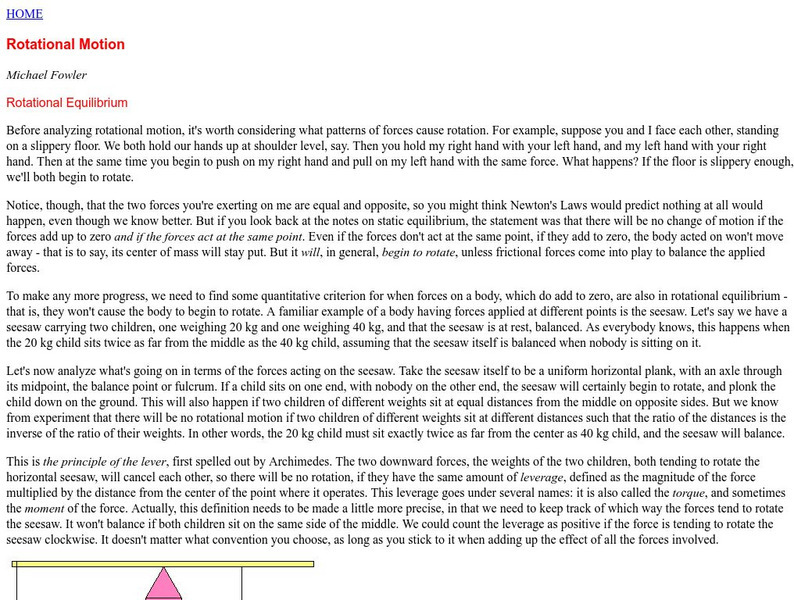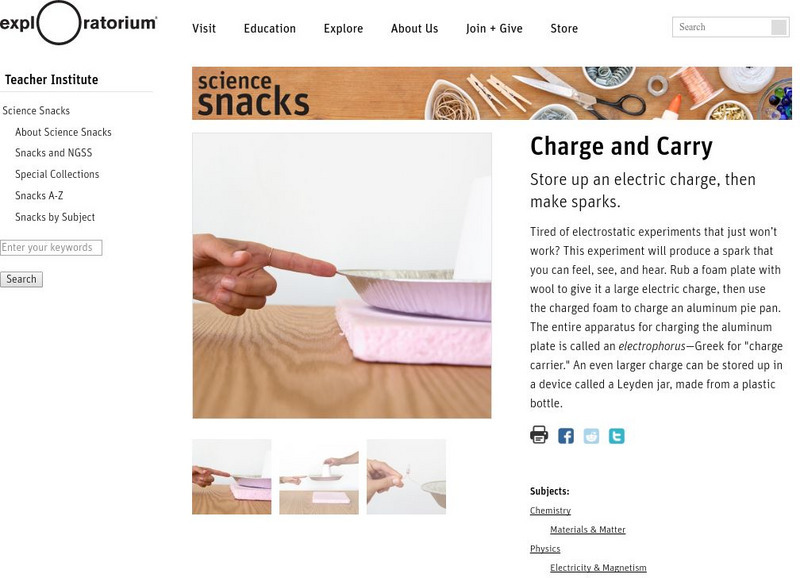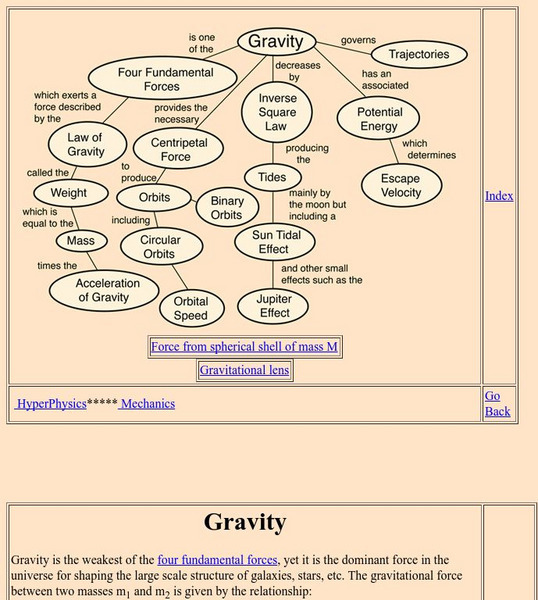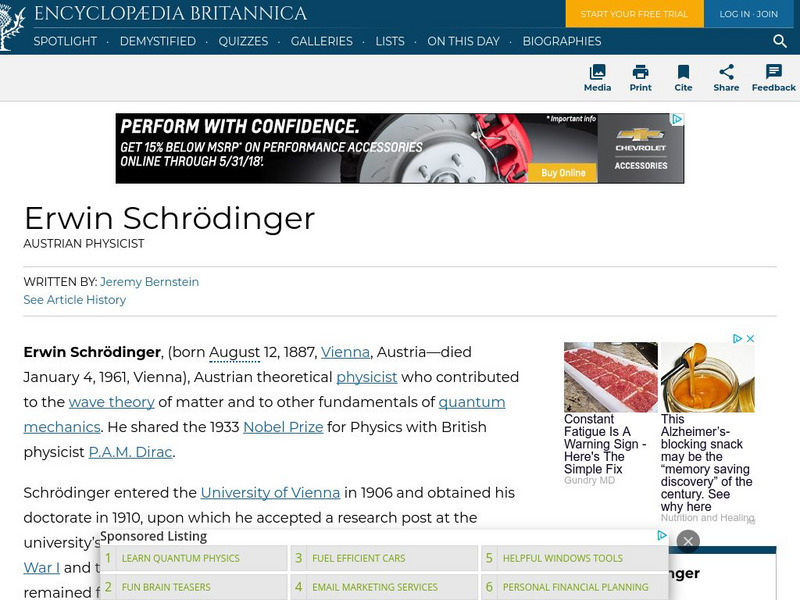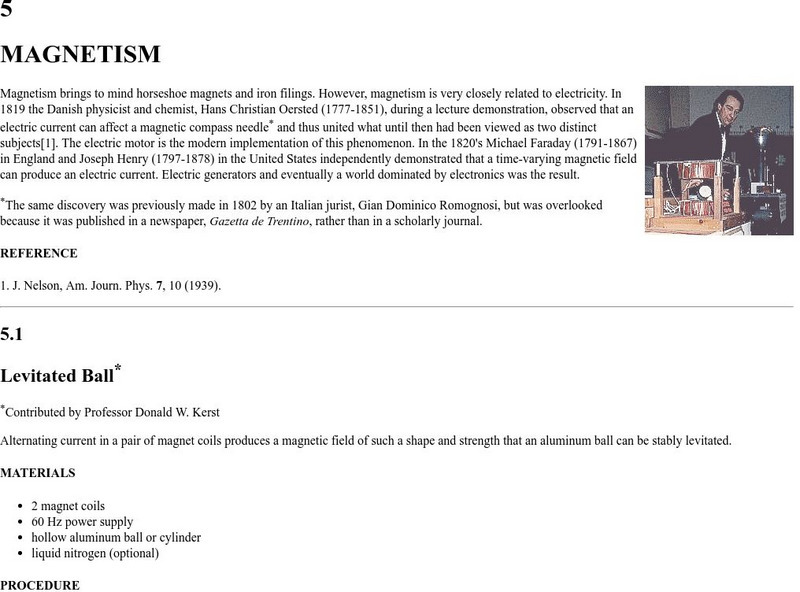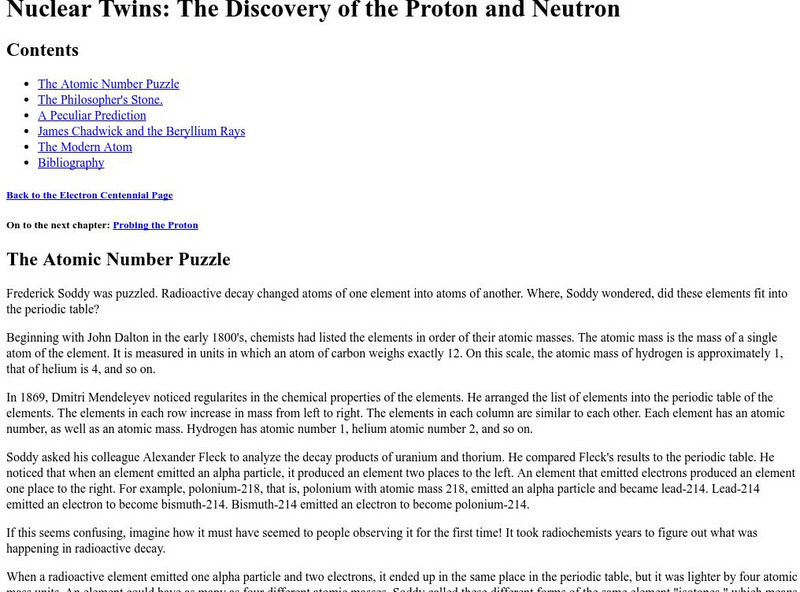ClassFlow
Class Flow: Introduction to Power
[Free Registration/Login Required] This flipchart provides an introduction to electrical power to be used for AP Physics with calculus.
ClassFlow
Class Flow: Acceleration
[Free Registration/Login Required] This flipchart can be used to help teach acceleration. Teachers can print out the graphing parts of the flipchart so the students can make sure they have the same graphs in their notes as are on the...
ClassFlow
Class Flow: Coriolis Effect
[Free Registration/Login Required] This flipchart briefly describes the Coriolis Effect and includes video to assist in illustrating this new concept.
ClassFlow
Class Flow: Intro to Physics Scientific Notation
[Free Registration/Login Required] Learn about the basics of Scientific Notation.
ClassFlow
Class Flow: Intro to Physics Uncertainty
[Free Registration/Login Required] Intro to Physics - Students will learn about the two main types of uncertainty while dealing with measurements - Explicit, Implicit - along with the concept of percent uncertainty.
Edutopia
Edutopia: Room to Learn: Mystery Science Theatre
Read and see examples of how one physics teacher turns his classroom into a student-centered, project-based and fun place to be.
ClassFlow
Class Flow: Intro to Physics Measure and Notation
[Free Registration/Login Required] Students learn the basics of Scientific Notation and Standard Units of Measurement for use in Intro to Physics classes.
SMART Technologies
Smart: May the Forces of Push and Pull Be With You!
Read, brainstorm, drag objects, erase to reveal answers, and move weights on a balance scale to learn about forces, mass, gravity, weight, and balance in this activity created by SMART.
Georgia State University
Georgia State University: Hyper Physics: Conservation of Momentum
The conservation of momentum is technically explained along with a diagram.
Annenberg Foundation
Annenberg Learner: Amusement Park Physics: The Principles of Free Fall
An article describing free fall principles in roller coaster rides. In addition to the explanation of free fall, an experiment is described that allows you to test free fall with a cup of water. Part of a larger presentation on roller...
University of Virginia
University of Virginia: Rotational Motion
A page describing rotational equilibrium and non-equilibrium situations. Includes graphics, equations, and many examples.
Exploratorium
Exploratorium: Science Snacks: Charge and Carry
This site from The Exploratorium Museum is a full description of a short activity. An electrophorus plate and a Leyden jar are made. The electrophorus is charged by induction. Its charge is transferred to the Leyden jar by conduction...
Georgia State University
Georgia State University: Hyper Physics: Gravity
Gravity as a fundamental force is explained and an equation for universal gravitation is given.
Physics Classroom
The Physics Classroom: Cavendish and the Value of G
A short description of how Cavendish measured the value of G - the universal gravitation constant and supported Newton's theory. Illustrated.
Cornell University
Cornell University: Astronomy: Orbital Motion and Kepler's Laws
At this site from the Astronomy Department of Cornell University, Kepler's three laws of planetary motion are stated. There are brief explanations of each, along with links to additional information on related subjects.
Robin Chew
Italian Astronomer and Physicist
This site contains information about Galileo and his areas of study.
Physics Classroom
The Physics Classroom: Negatively Charged Electroscope
From the Multimedia Physics Studios of the Glenbrook South High School. A tutorial containing a simple animation demonstrating the grounding process for a negatively-charged electroscope. The movement of electrons between the...
Encyclopedia Britannica
Encyclopedia Britannica: Erwin Schrodinger
This site gives brief biographical information about Austrian physicist, Erwin Schrodinger.
Texas Education Agency
Texas Gateway: Glossary for Introduction to Physics
This is a glossary of terms and definitions used in AP Physics: Chapter 1: Introduction to Physics.
University of Wisconsin
University of Wisconsin: 5 Magnetism
From an online teacher demonstration book. Includes a description and explanation of five demonstrations on a variety of magnetism topics. Interesting and captivating demos.
Other
Nuclear Twin: The Discovery of the Proton and Neutron
Trace the history of the discovery of protons and neutrons in this informative site.
Other
Diver Ciencia: Fisica Recreativa
Try these fun physics experiments. Find out how you can make an egg float in water or if an egg is raw or cooked without breaking its shell and many other fun curiosities.
Other
Diver Ciencia: Fisica Sorprendemte
Try these eighteen physics experiments. These are "surprises" from physics but they all have scientific explanation.
Ducksters
Ducksters: Physics for Kids: Nuclear Energy and Fission
Kids learn about nuclear energy and fission in the science of physics including E=mc2, power plants, uses of nuclear power, and fusion.







